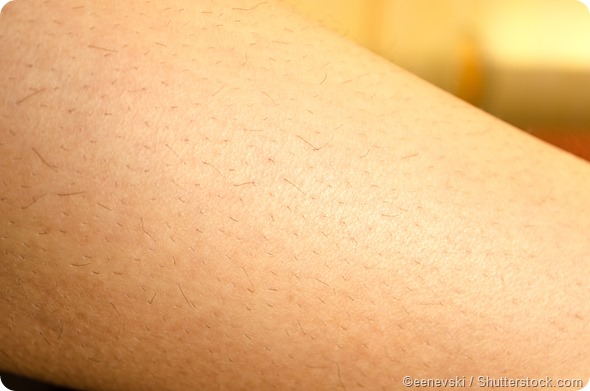Some people who undergo laser hair removal may notice some adverse effects as a result of the procedure. These are usually localized to the area of treatment, such as redness and inflammation of the skin. Other health risks, such as serious eye injury, lead to contraindication of laser hair removal in certain areas of the body.

This article will address the primary health risks associated with laser hair removal. Some individuals, such as those with darker skin, are more likely to experience complications because certain types of lasers are required for the procedure to be effective. A temporary alteration in the appearance of the skin can be expected for all patients. Finally, it is important to consider both the benefits and risks of the procedure for each individual in order to make the best treatment decision.
Ineffectiveness
Laser hair removal is not 100% effective to provide permanent hair removal for all patients. For some patients, the hair in certain areas of the body may be resistant to laser treatment or may regrow after the treatment.

Although the regrowth of the hair is often lighter or finer than before the treatment, many patients desire continued treatment to maintain the results. This will pose ongoing risks due to the continued exposure to the laser light.
The procedure is unlikely to be effective for patients with hair pigment that is lighter than the pigment in the skin. With newer technologies, the efficiency rate is improving, although there still remains an increased risk of complications in patients with dark skin types.
Skin changes
Some skin irritation in the area treated should be expected following laser hair removal. This may include pain, discomfort, redness and swelling. In most cases, this will resolve within 24 hours of treatment.
Other effects to the skin may include:
- Pain
- Numbness
- Blisters
- Burns
- Bleeding
- Scarring
Laser hair removal can have an impact on the pigmentation of the skin in the affected area, and the skin may become darker or lighter in color. This is more likely to affect individuals who have darker skin, particularly when an unsuitable type of laser is used during treatment. It is usually a temporary effect, thus it does not have a permanent effect if treatment is discontinued.
Area-specific risks
Laser hair removal is not recommended in some areas of the body due to an increased risk of adverse effects which may result. For example, the procedure is not usually recommended around the eyes due to the risk of eye injury that may occur if the procedure is not carried out correctly.
Balancing the benefits and risks
When making the decision to commence therapy for laser hair removal, it is important to consider the specific benefits and risks for the individual.
The primary benefit of laser hair removal is the removal and reduction of hair growth in the desired body area. This may be indicated for a medical condition associated with excessive hair growth, or for cosmetic reasons if the individual desires the removal of the body hair.
The risks of laser hair removal can be minimized by the correct use of laser light when administering the therapy, as well as adequate interventions before and after the procedure. For this reason, it is preferred for patients to have laser hair removal carried out by a qualified dermatologist who has experience in the area.
References
- http://www.mayoclinic.org/tests-procedures/laser-hair-removal/basics/risks/prc-20019438
- https://www.asds.net/LaserHairRemovalInformation.aspx
- http://emedicine.medscape.com/article/843831-overview#a13
- http://search.medscape.com/search/?q=laser%20hair%20removal
Further Reading
- All Cosmetic Surgery Content
- The Benefits and Risks of Laser Tattoo Removal
- What is Laser Hair Removal?
- Cosmetic & Medical Injectables Overview
- Dermal Fillers
Last Updated: Feb 26, 2019

Written by
Yolanda Smith
Yolanda graduated with a Bachelor of Pharmacy at the University of South Australia and has experience working in both Australia and Italy. She is passionate about how medicine, diet and lifestyle affect our health and enjoys helping people understand this. In her spare time she loves to explore the world and learn about new cultures and languages.
Source: Read Full Article
